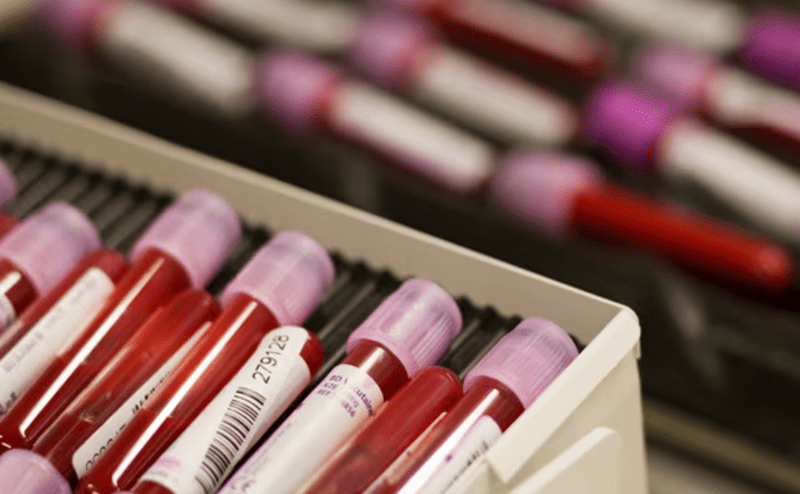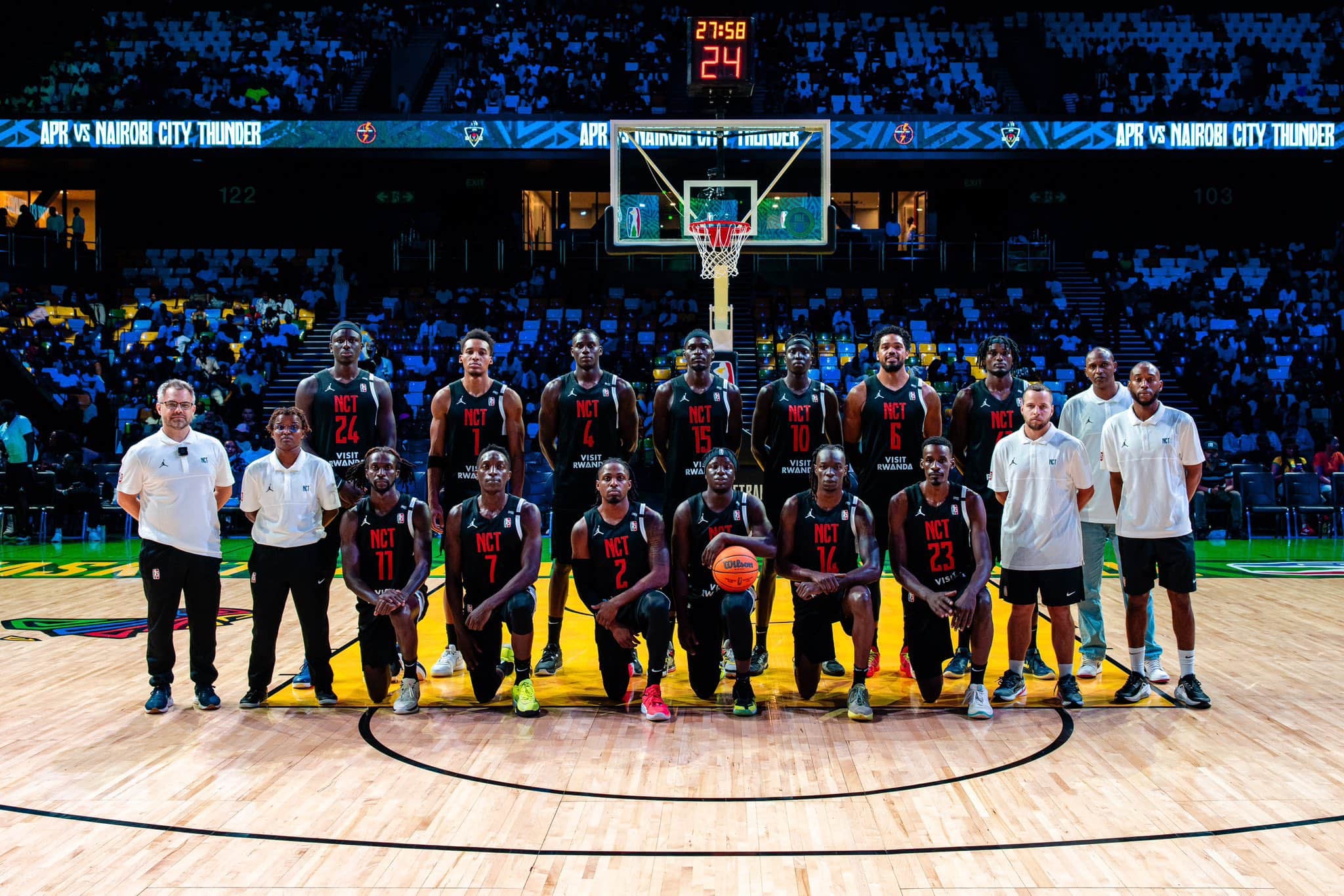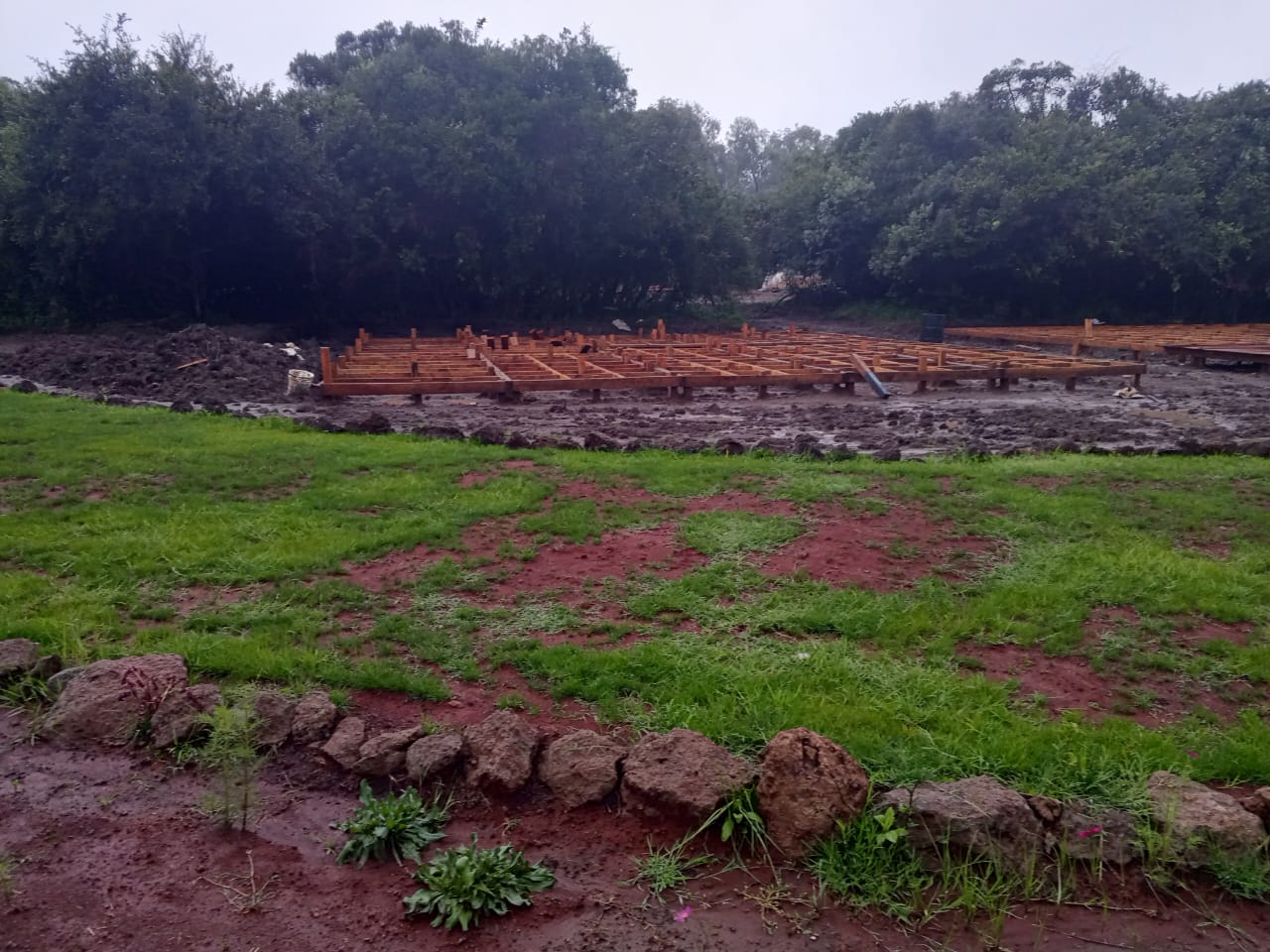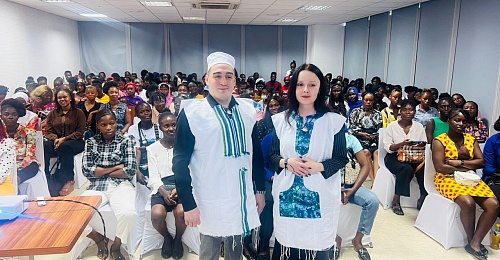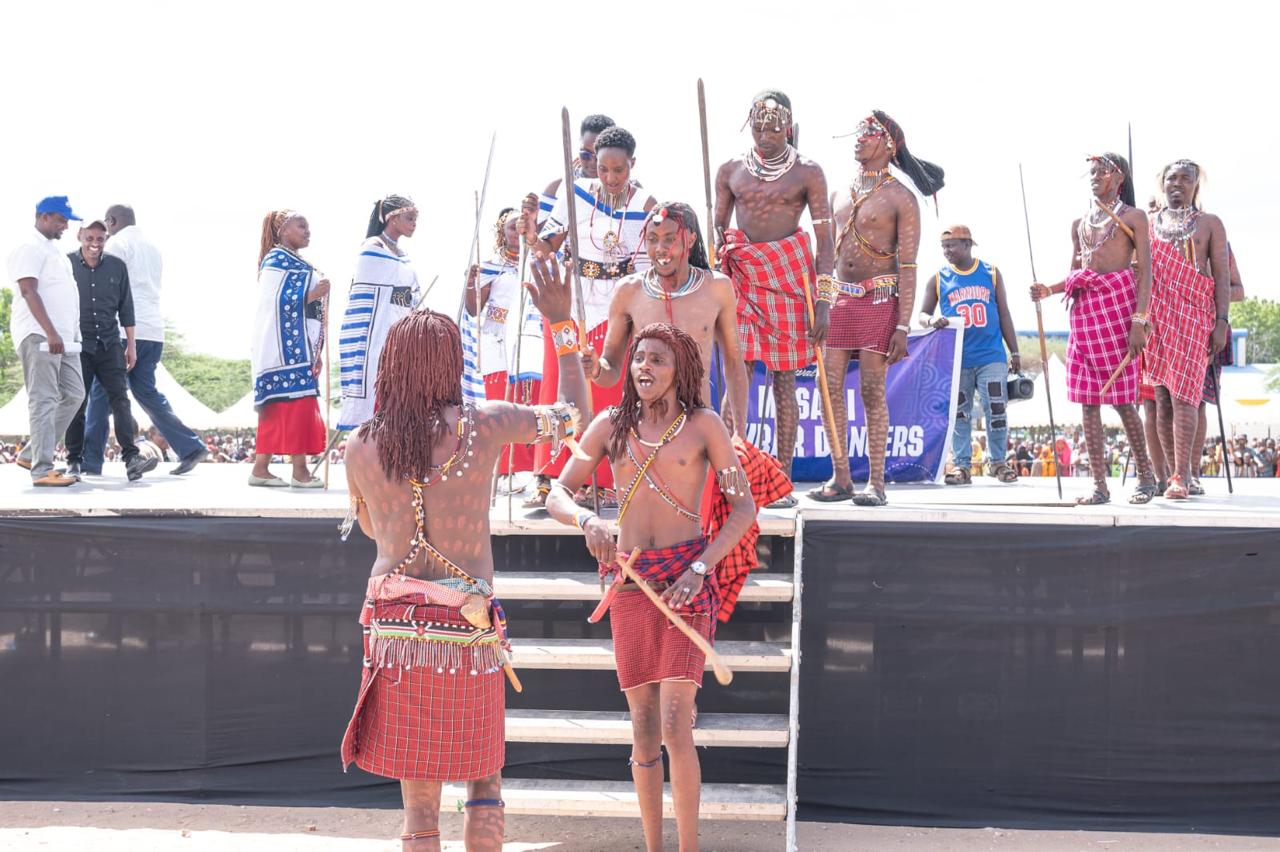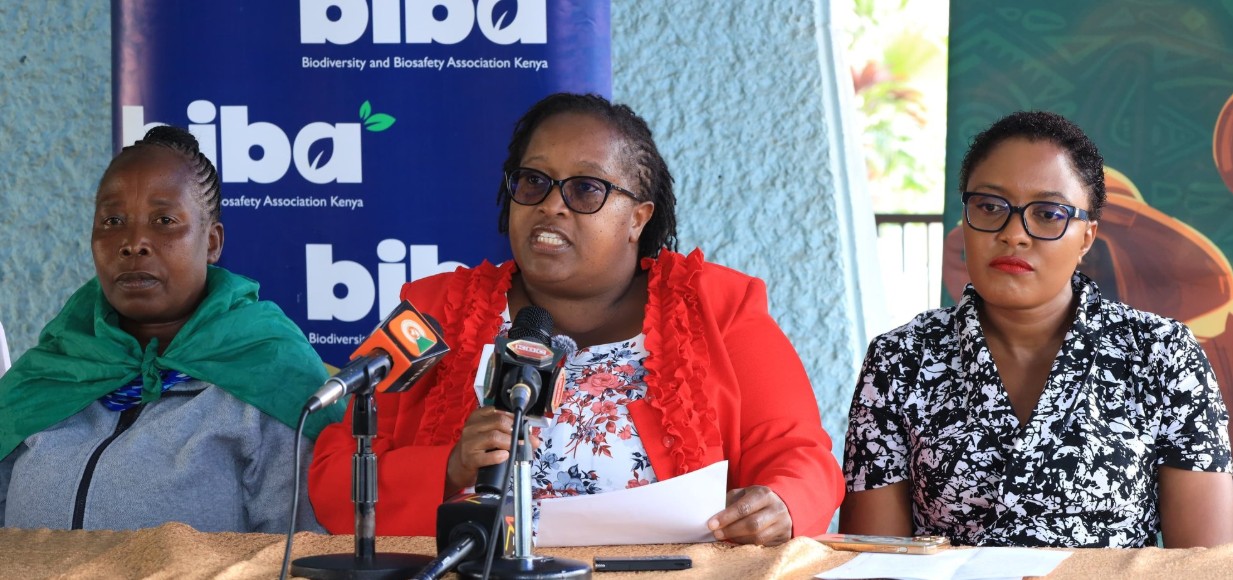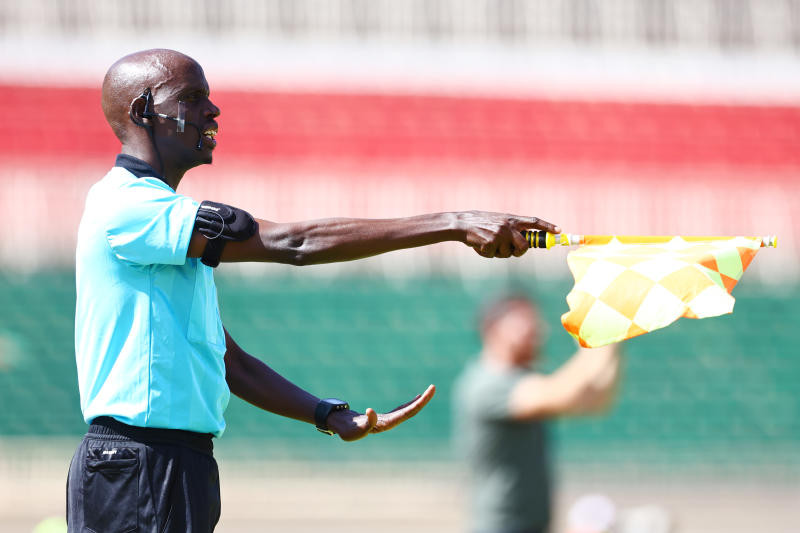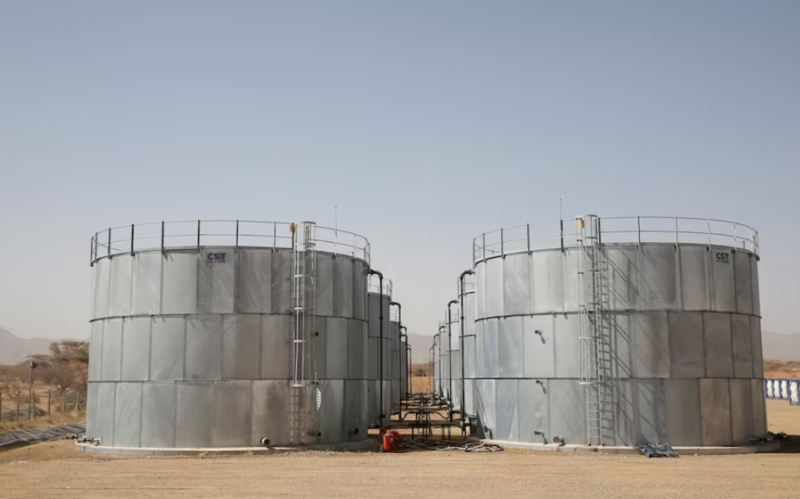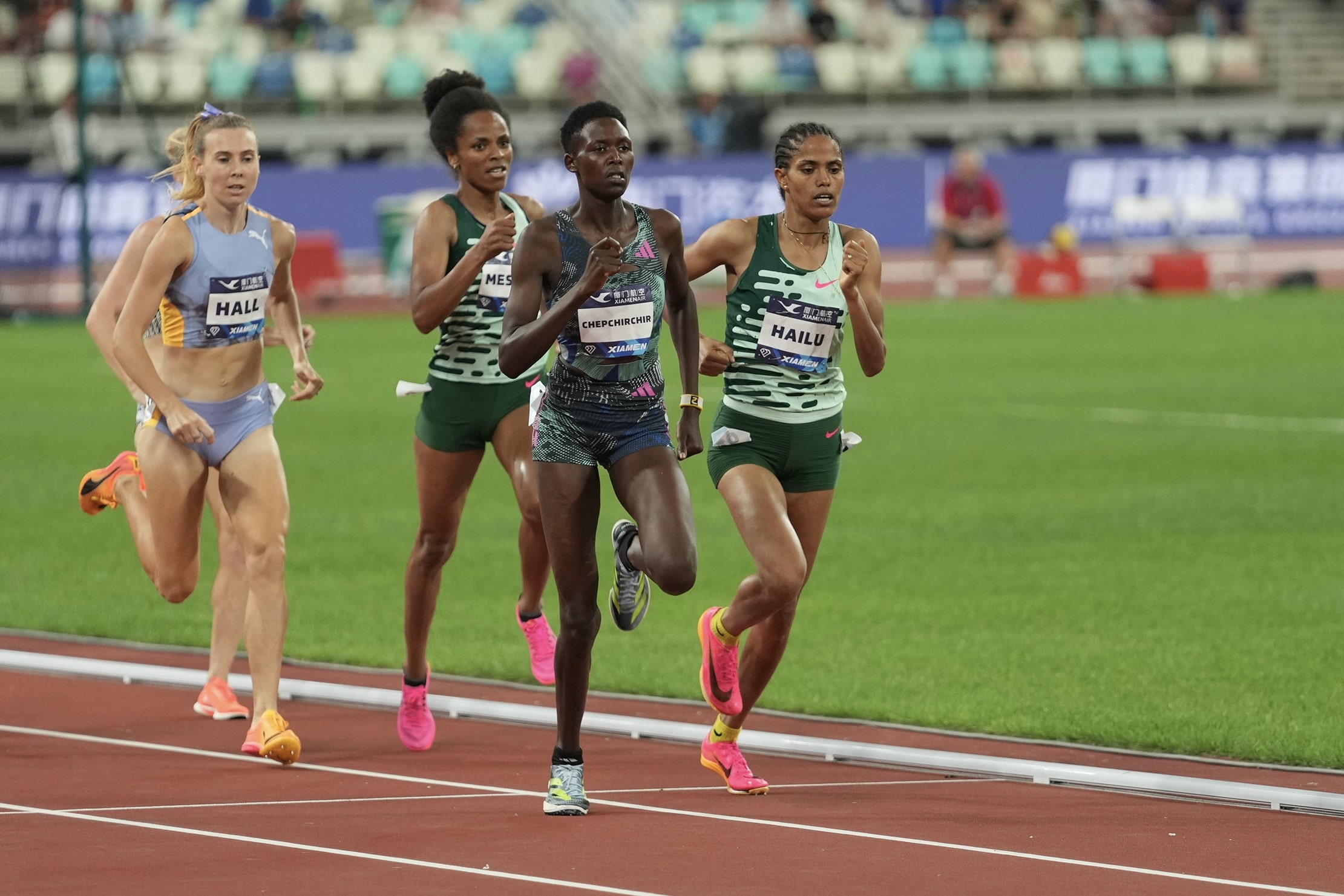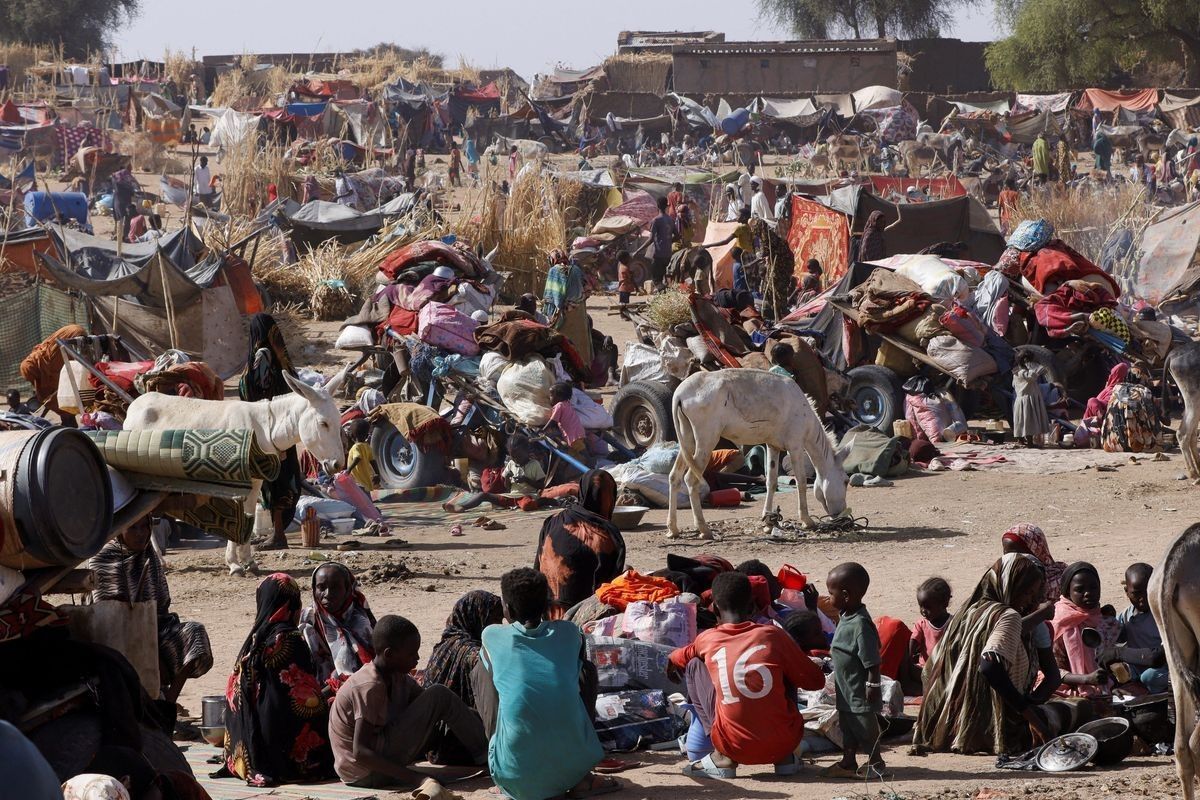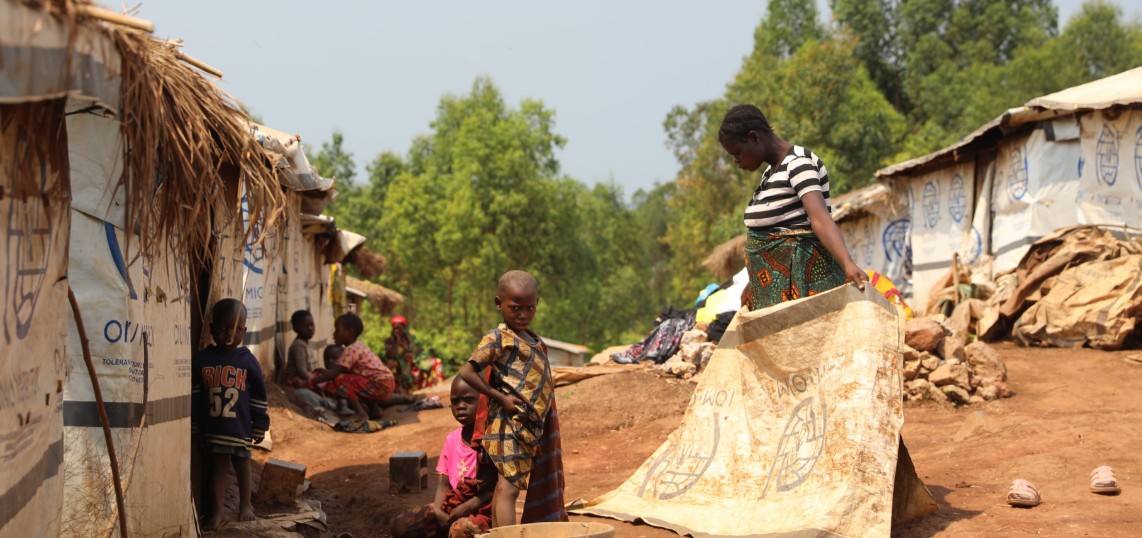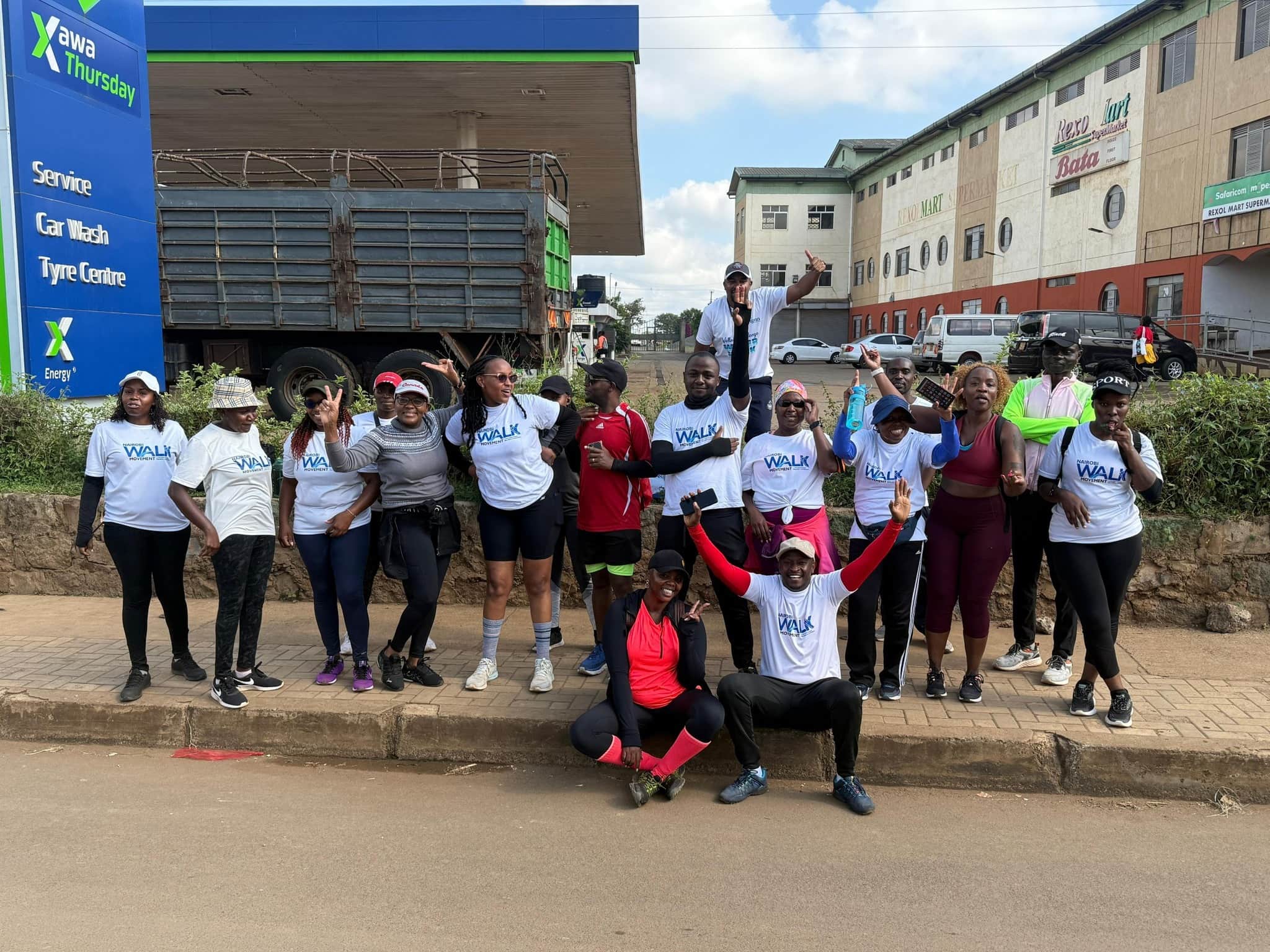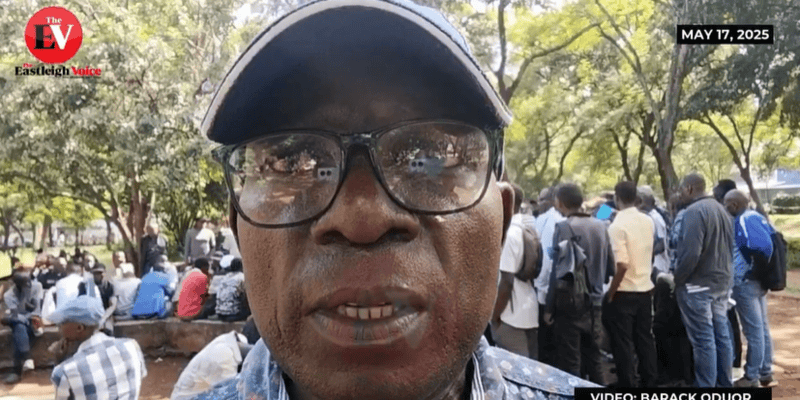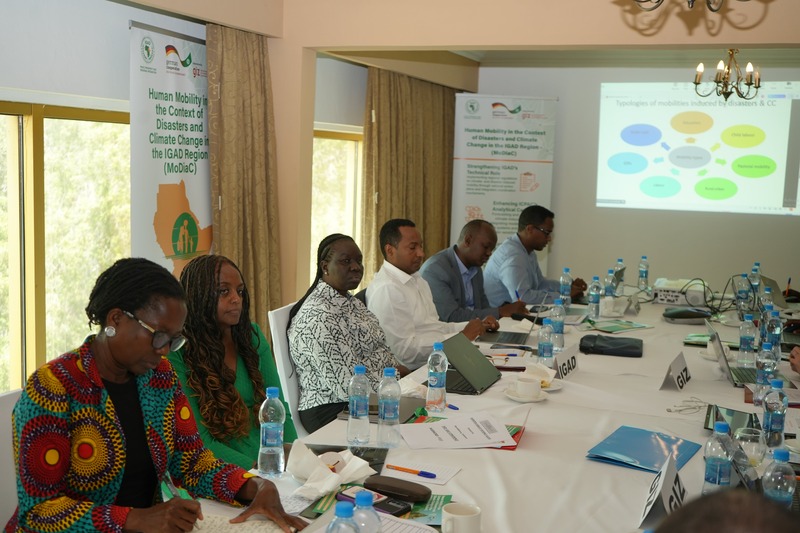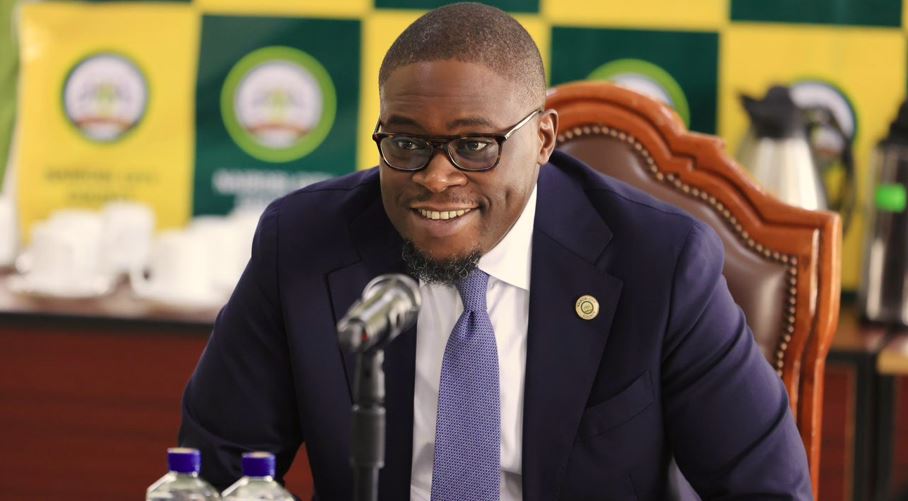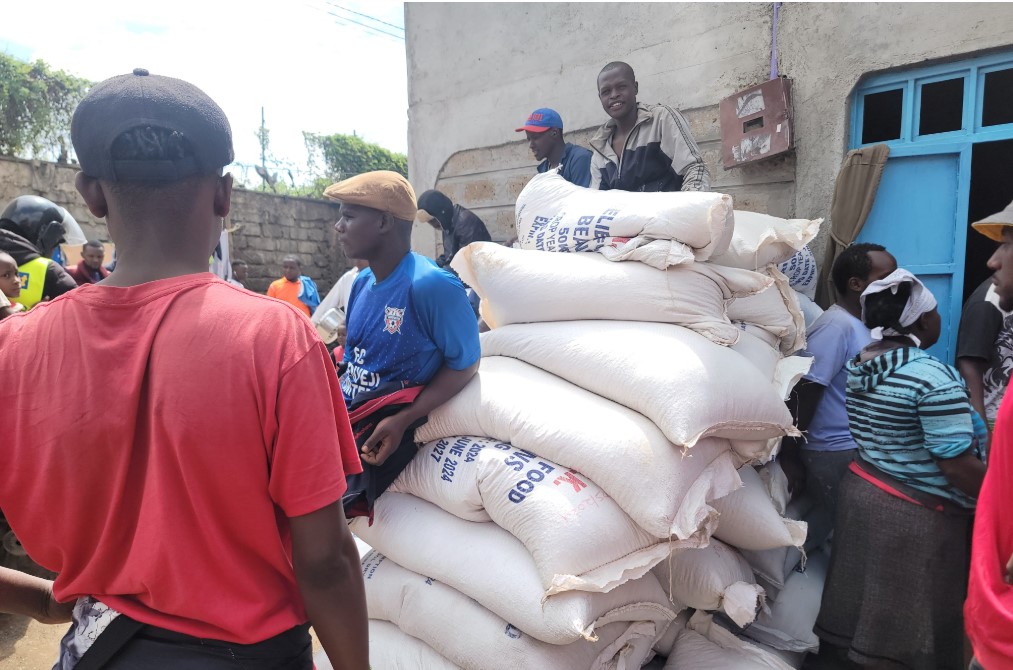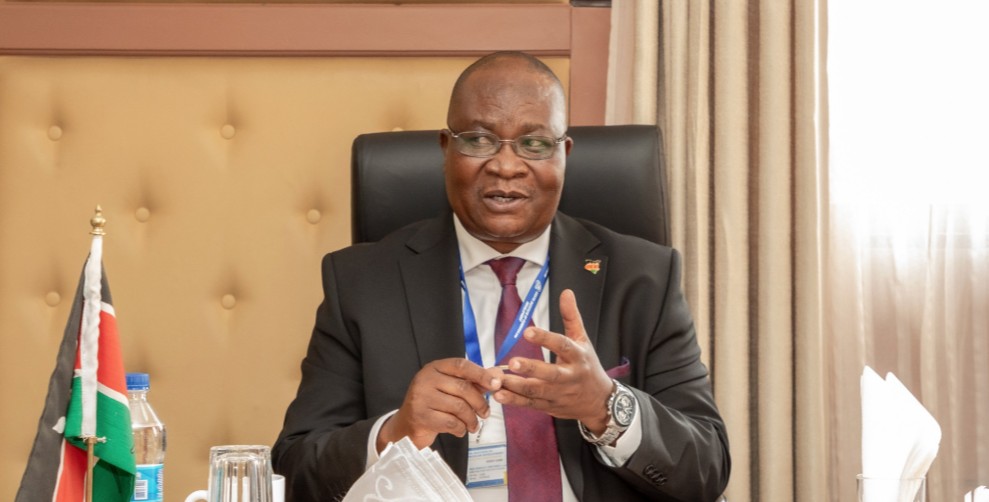Mudavadi urges African envoys in Brazil to back AU reforms, financial overhaul
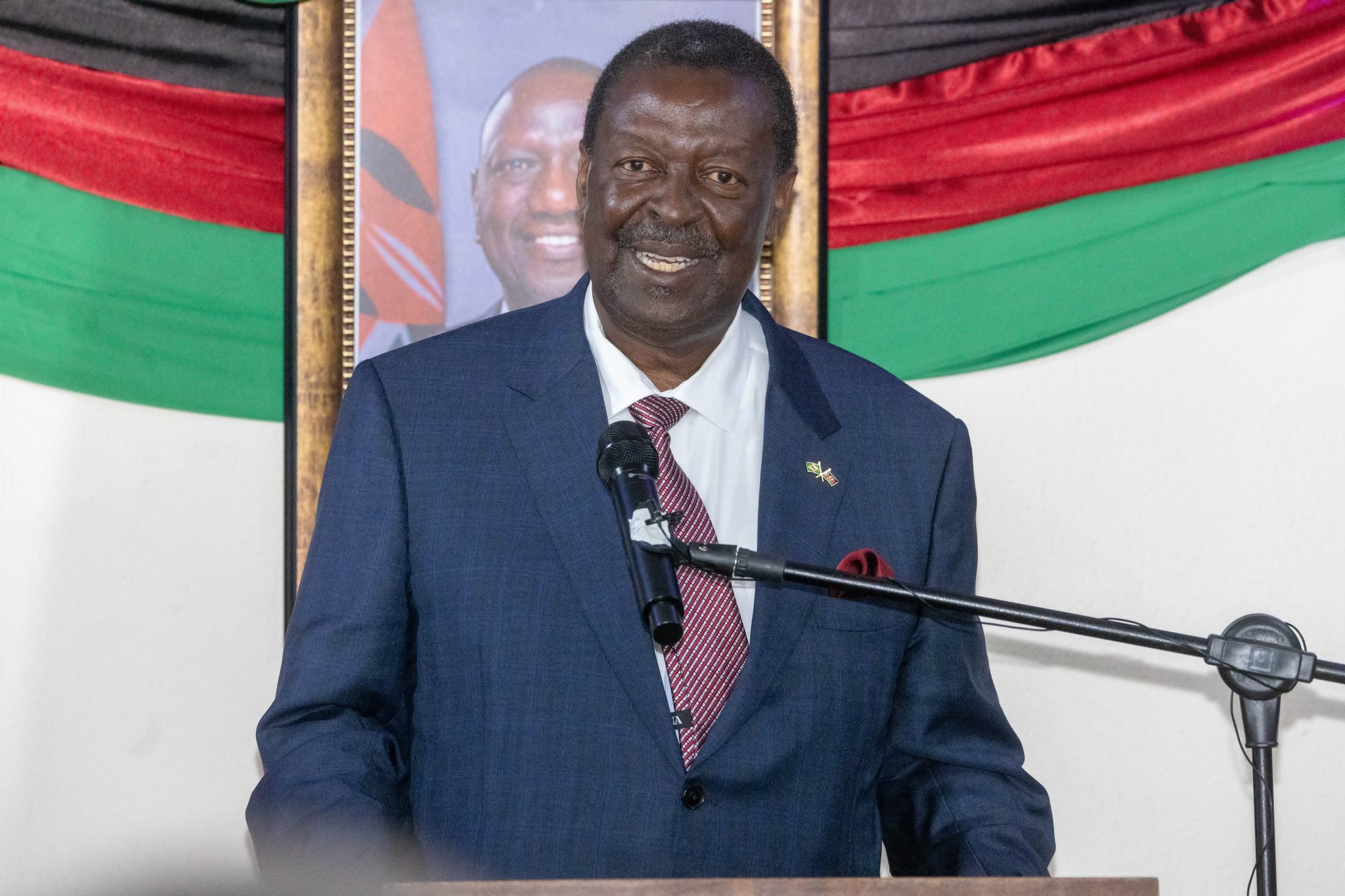
Hosted in the Brazilian capital and received by Ambassador Martin Mbeng—Dean of the African diplomatic corps representing 35 countries—the meeting broadened what is typically a discourse confined to Addis Ababa, where ambassadors serve as Permanent Representatives to the AU.
In an uncharacteristic diplomatic manoeuvre, Kenya's Foreign Minister Musalia Mudavadi convened African ambassadors in Brazil to rally support for stalled African Union (AU) institutional reforms and a revamp of the global financial architecture—two issues at the heart of Africa's long-standing calls for equity and self-reliance.
"Addressed African Heads of Mission in Brasilia on the urgent need to advance African Union institutional reforms and champion the overhaul of the global financial system to better serve all nations," Mudavadi posted on X following the meeting.
More To Read
- Mudavadi meets US top diplomat Marco Rubio in Washington, days after China visit
- Teachers unions reject govt plan to reclassify hardship areas without consultation
- Kenya to make all foreign deals public in new transparency push – Mudavadi
- Mudavadi to MPs: Fund Foreign Ministry to support Kenyans in legal trouble abroad
- Mudavadi blasts MPs over Taiwan trip plan during Ruto’s China visit, describes move as "reckless and malicious"
- Kenya seeks UN support to rationalise costly public participation amid questions on priorities
Hosted in the Brazilian capital and received by Ambassador Martin Mbeng—Dean of the African diplomatic corps representing 35 countries—the meeting broadened what is typically a discourse confined to Addis Ababa, where ambassadors serve as Permanent Representatives to the AU.
While unusual, this outreach highlights Nairobi's growing diplomatic activism under President William Ruto. Ruto, who currently chairs the AU institutional reform process, presented a progress report during the February 2025 AU Summit in Addis.
Yet, as with past attempts, the reform agenda remains slow-moving, burdened by structural inertia and political reticence among member states.
The AU reform framework aims to sharpen the Union's operational effectiveness, strengthen institutional realignment, and revamp financial sustainability, especially through the AU Peace Fund and the Conflict Reserve Fund (CRF).
But these ambitions continue to collide with a sobering fiscal reality.
As regional conflicts in places like eastern Democratic Republic of Congo (DRC) intensify, pressure is mounting on the AU to play a central coordinating role.
Both the East African Community (EAC) and Southern African Development Community (SADC), meeting early this year in Harare, urged the AU to spearhead resource mobilisation for peace efforts—yet the AU's balance sheet tells a grim story.
According to the AU Executive Council's February 2021 figures, the Union's $623 million approved budget was financed by just 32% by member states.
The lion's share—some 65%, or $406 million—came from external partners, particularly the European Union and individual European nations.
Despite rhetorical commitments to "African solutions for African problems," 75% of AU programmes continue to be bankrolled by donors, raising doubts about the continent's fiscal sovereignty and strategic autonomy.
Mudavadi's remarks in Brazil may reflect an effort to shift that calculus—not only by drumming up continental political support for institutional change, but by challenging the structural dependencies that keep the AU's ambitions tethered to foreign financing.
Whether this approach translates into meaningful reform remains to be seen.
Top Stories Today
